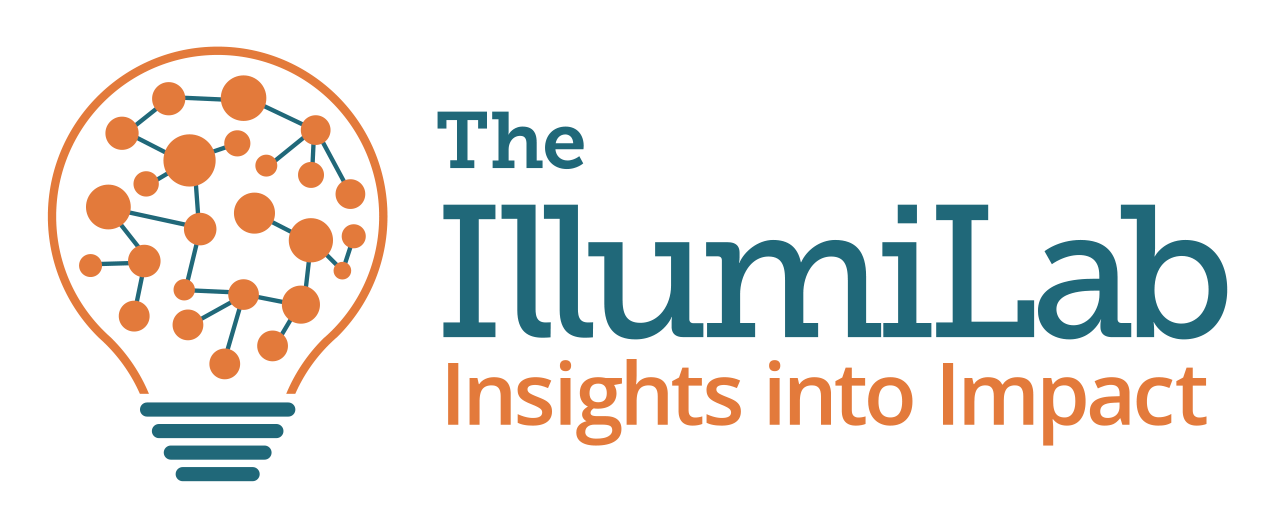Nonprofit professionals often wear many hats. We have many and diverse responsibilities, and those shift constantly as the needs of our clients, the organization, and our environment shift around us. Many of us feel as though we spend 75% of our time on that one seemingly innocuous line in our job descriptions: “Other duties as assigned.”
What is a Project?
These periodic interruptions and additions, one-time endeavors or experiments, and sporadic responsibilities can often take the form of a “project.” The Project Management Institute (PMI) defines a project as “a temporary endeavor undertaken to create a unique product, service, or result.” Projects are distinguished by a few things:
- They have discrete beginnings and endings. They aren’t ongoing.
- They have a clearly defined Scope of Work (results or deliverables).
- They often have defined budgets and/or timelines.
Off the top of my head, here are some common examples of projects in nonprofits, by department:
- Development – a special event, writing a particular grant application, the year-end appeal letter
- Communications – producing the annual report, preparing a quarterly newsletter, a re-branding effort
- IT – installing new hardware or software, designing a new database
- HR – a hiring process for a specific position, a staff appreciation event, revising a policy manual
- Program – preparing a specific grant report, a site visit from a funder or accreditor
- Operations – a renovation or office re-location
What is Project Management?
PMI defines Project Management as the “application of knowledge, skills, tools, and techniques to project activities to meet the project requirements …”. Oftentimes, we don’t recognize that what we’re doing is a project, and so we miss the opportunity to apply valuable tools to improve our planning and execution. As a consultant, one of my many hats is that of Project Manager (I can be managing 7-12 projects at a time!). However, it wasn’t until I was asked to teach a class on Project Management that I realized that that’s what I was doing and that there’s a whole body of knowledge and set of tools to help me do it better!
Not enough planning is being accomplished. Large or small, software, R&D, or administrative, successful projects rely on good planning. Too many project managers take a ready-fire-aim approach in an attempt to complete a project quickly. Many organizations do not allow project managers significant planning time or virtually any time at all. This often results in spending far more time and effort reworking errors, soothing unhappy stakeholders, and backing out of blind alleys. In short, the lack of adequate planning causes projects to fail.
Heagney, Joseph. 2016. Fundamentals of Project Management. New York: American Management Association.
Like one of my other loves, Continuous Quality Improvement, Project Management processes, jargon, and tools weren’t design with us in mind. Therefore, it takes a little translation and adaptation to apply to our work, but it’s worth it!
Stay Tuned . . .
In this blog series, I’ll share some of the lessons I learned the hard way and some of the Project Management tools that my clients and I have found tremendously valuable. Tools to help plan your project, coordinate your team, streamline your decision-making, and keep everything on track.


Excited to keep reading! You’ve piqued my interest 🙂